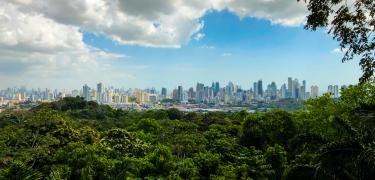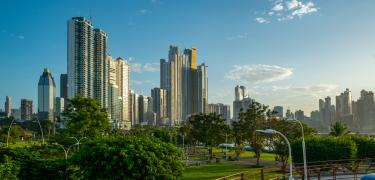The Afro Community of Bocas del Toro
The Bocas del Toro Afro-Antillean experience in the Panamanian Caribbean is rich and unrivaled. It’s all about seafood, coconut and spices on the table; calypso, reggae and soca when it comes to dancing, and Guari Guari, a highly important and unique language in this archipelago, especially in Old Banks, Isla Bastimentos, where the culture has survived almost intact.
African culture has been significantly present in Panamá since the Spanish colonization in the 15th century. Currently, 33.2% of the Panamanian population consider themselves to be Afro-descendants (according to the 2023 census), and their greatest proportion is located mainly in the provinces of Panama, Colon and Bocas del Toro.
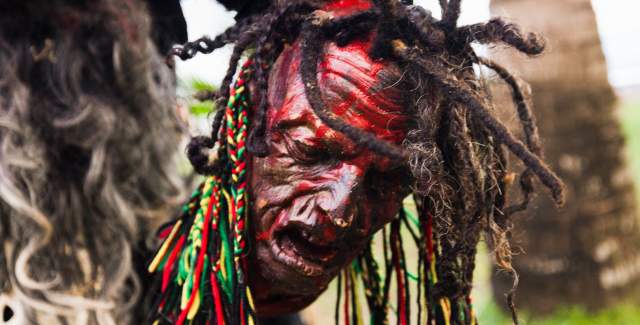
History
After the Spanish conquest, which brought with it the enslaved peoples of Africa, called “Afro-Colonials,” there was a second wave of Afro-descendant migrants for the construction of the Trans-Isthmian Railroad (1850-55).
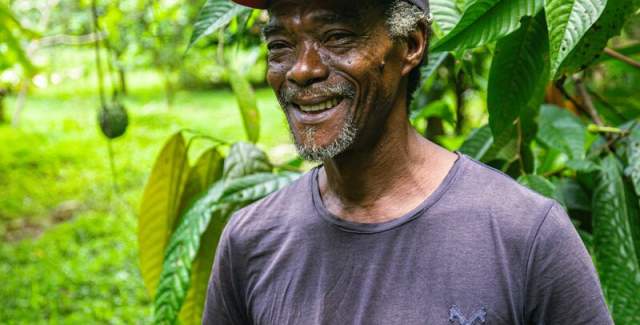
This group came from the Antilles (the group of islands bordering the Caribbean Sea from the coast of Venezuela to the Florida peninsula,) with a primarily English cultural heritage. These peoples are called “Afro-Antilleans,” whose mother tongue is mainly English (although they also came from the French Antilles), and whose faith is Anglican.
Bocas del Toro played a leading role in this second wave when labor was required for banana plantations, which American companies began to develop in the late 19th century in the Panamanian Caribbean. Since then, the Afro-Antillean culture has marked the lifestyle, language, religiousness, music, architecture, the cheerful colors of their costumes and of course, the gastronomy of this province.
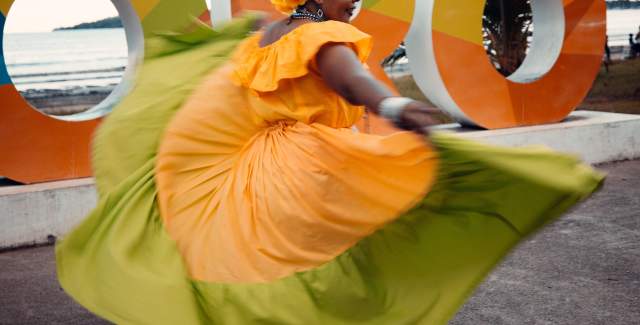
Culture
The Afro-Antillean influence is visible in many aspects of the Bocas del Toro culture, from music, dance, and cuisine to religious traditions.
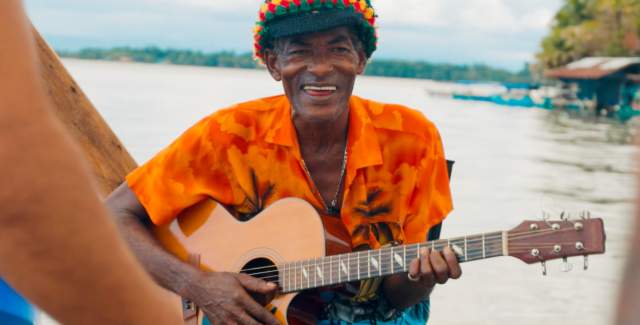
Enjoy your stay in Bocas and complete your experience by listening and dancing to local rhythms: reggae, dance hall, soca and calypso.
In Old Bank, Isla Bastimentos, just ten minutes away from Bocas Town, you can relish an unforgettable experience of the Afro-Antillean culture, as it remains less influenced by modernity and new immigrants. Guari Guari, a dialect that mixes English, Spanish and Patois with aspects of Ngäbere (the language of the indigenous people of the region), has been preserved and is in daily use here.
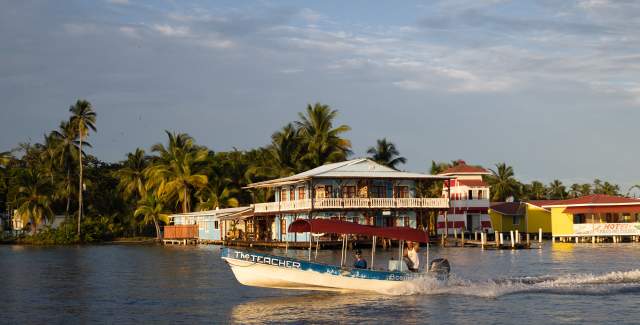
In addition, in Old Bank, the colorful wooden houses and the rhythms coming out of their windows are surrounded by the smells coming out of their kitchens where the perfect Caribbean fusion is offered: seafood, cooked in coconut and marinated with spices.
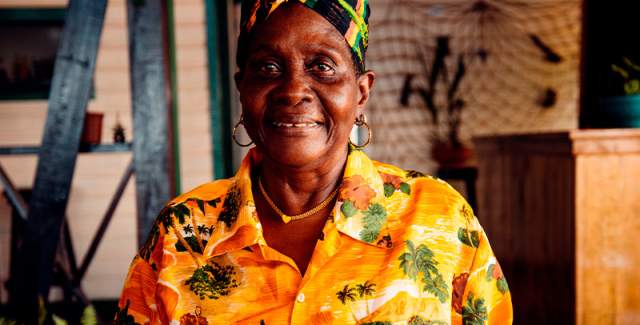
Gastronomy
You will love the Afro-Antillean food in Panamá. You can taste many amazing dishes such as the saltfish & ackee (a Jamaican fruit;) the juicy Fufu soup with fish, tubers and coconut; the beef Patty empanadas; or the ripe plantain empanadas called “Plantin Tat.”
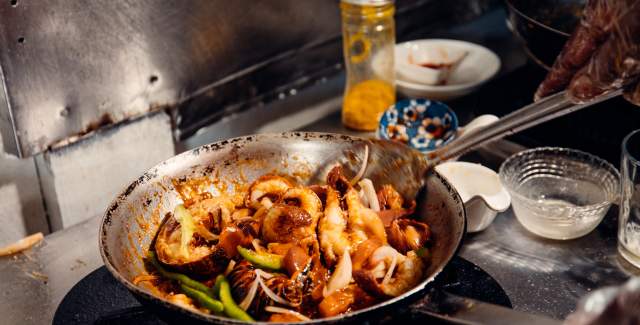
You can also try the Bragadad saltfish torrejitas and the coconut bread, known as “Yanny Cake.” Make sure you try the famous bon bread and ask for an Icing glass (an exotic seaweed smoothie.) Besides, you can indulge in drinks such as sorrel (a Jamaican flower drink;) and the two banana creams: Michila (ripe banana cream with coconut milk,) and Muogo (green banana cream with coconut milk.) After tasting all these delicacies, you will surely remember the distinctive Afro-Antillean flavor of Bocas del Toro.

